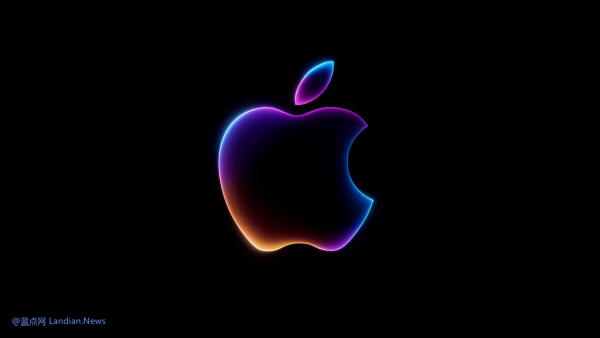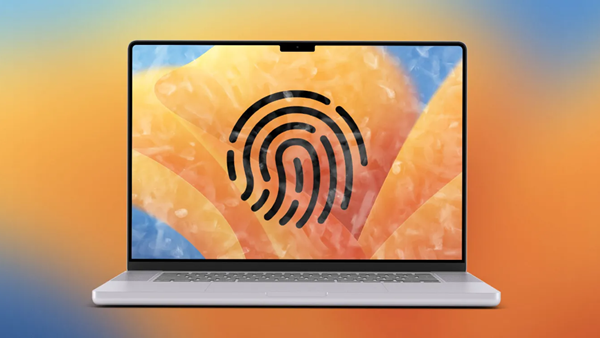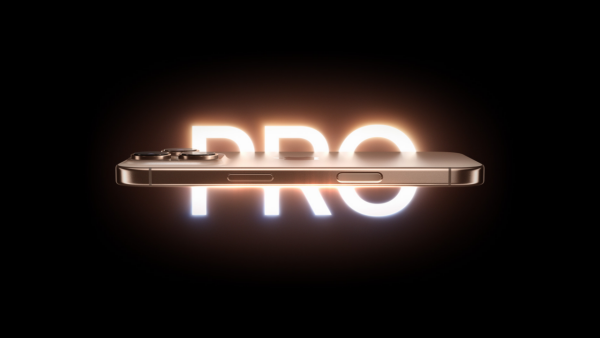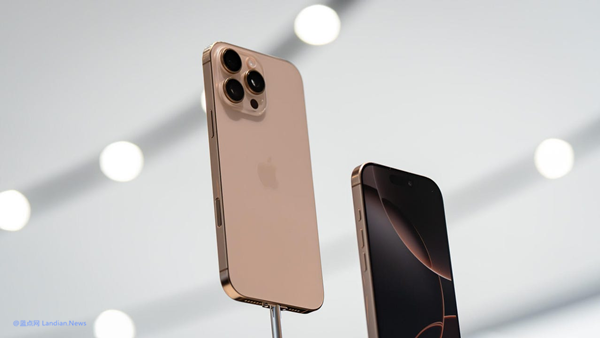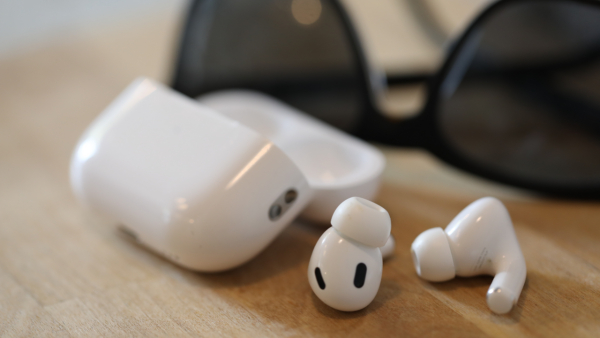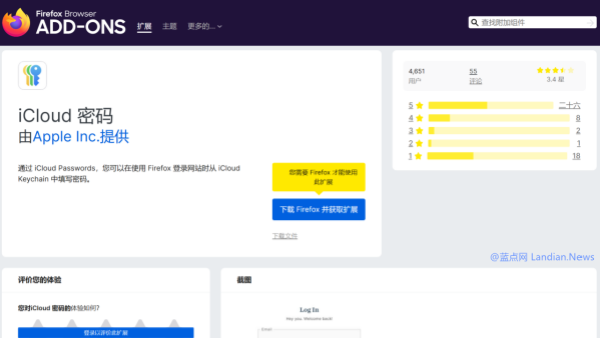iOS 17 May Bring Controversial Sideloading Feature Amid EU Regulations: What to Expect at WWDC 2023
Renowned Bloomberg reporter Mark Gurman, known for his coverage of Apple, recently stated that the upcoming WWDC 2023 could see the introduction of iOS 17 features that might overshadow the event itself. According to Gurman, Apple may be forced to implement sideloading capabilities on the iPhone due to European Union regulations.
Sideloading allows users and developers to install apps from sources other than the official App Store, which Apple has been reluctant to enable for security reasons. With an additional layer of scrutiny through Apple's review process, the company has maintained control over app distribution. However, developers are required to pay Apple a commission of up to 30%, which the EU considers anti-competitive.
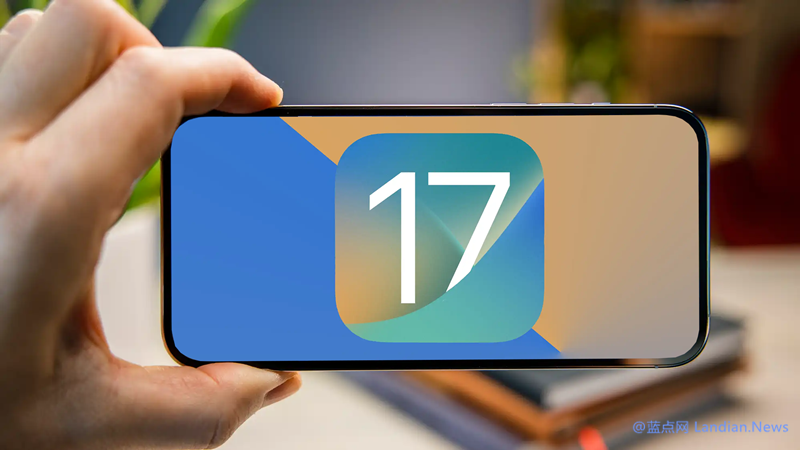
The EU's Digital Markets Act (DMA) is set to take effect in the coming months, aiming to prevent large corporations from abusing their market power and allowing new entrants to foster increased competition within the European digital market. The DMA establishes a list of obligations for designated gatekeepers and enforces compliance through sanctions, including fines of up to 10% of global revenue.
Facing the inevitable – as was the case with the transition to USB-C – Apple is expected to support sideloading on iPhones, with the changes likely visible in iOS 17, as the DMA will be in effect by 2024.
Developers could potentially opt for alternative app stores to reduce commission fees, which could, in theory, lower costs for consumers. However, it remains to be seen whether large developers will be willing to pass these savings on to users.
As for security concerns, the existence of alternative app stores with potentially lax review processes or those that prioritize paid promotion could negatively impact iPhone security. Currently, many non-compliant apps are distributed via TestFlight or enterprise signing, which could be further exacerbated by the introduction of alternative app stores.
